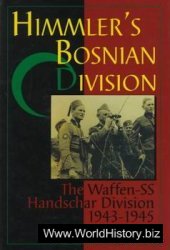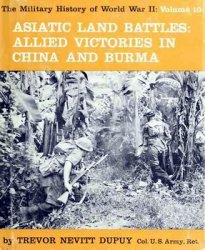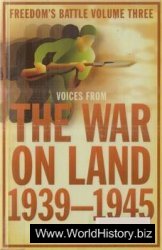The Inca Empire was once a vast, sprawling dominion, stretching across the boundaries of several modern nations: Peru, Ecuador, Chile, Colombia, and Bolivia. Peru and Ecuador have the strongest links to the ancient empire, while only small portions of the other three countries came under Inca control. Since the dissolution of the Inca Empire, the five countries have shared several common conditions: unstable governments, wars, poverty, threats to natural resources, and human rights struggles for indigenous people.
From the 16th century to the 19th centuries, Spain ruled former Inca lands with total disregard for the welfare of Native peoples. The 1800s brought a resurgence of national pride and the struggle for independence among the citizens of the former Inca Empire. Peru declared its independence in 1821, although complete liberation did not come until 1826, after Simon Bolfvar (1783-1830) led the people in a revolution. Bolivia ousted the Spanish in 1824, after a rebel victory led by General Antonio Jose de Sucre. The new Bolivian government (named after Bolfvar) struggled under the leadership of corrupt politicians. In 1836, Bolivia allied
Itself with Peru, forming a two-country confederation. A little more than 40 later, this union was dissolved after the War of the Pacific (1879-1884), which forced Peru to cede land to Chile.

A similar revolution freed Colombia from Spanish rule in 1819 and Ecuador in 1822. Ecuador, Colombia, and Venezuela formed the Federacion de Gran Colombia. Charismatic military leader Bolfvar helped establish the federation. Venezuela and Ecuador left the union in 1830 to form independent countries. In 1885, Colombia formed a republic, but political differences among the leaders led to the first of several civil wars. The first civil war (1899-1902) resulted in the deaths of nearly 100,000 citizens; the second (1949-1957) left behind a devastated country awash in blood.
Chile’s independence came as Spain fell to an army led by Jose de San Martin (1778-1850) in 1817.
Still Hard Work
Despite ongoing political upheaval, life for the rural people of Peru changes very little. A man on Amantani Island in Lake Titicaca carries handmade bricks on his back.
The country’s new leader, Bernardo O’Higgins (1778-1842), established a government that slowly replaced dictatorship with democracy over many years. The third party in the War of the Pacific, Chile acquired copper-rich territory from Peru and Bolivia at the war’s end.




 World History
World History









